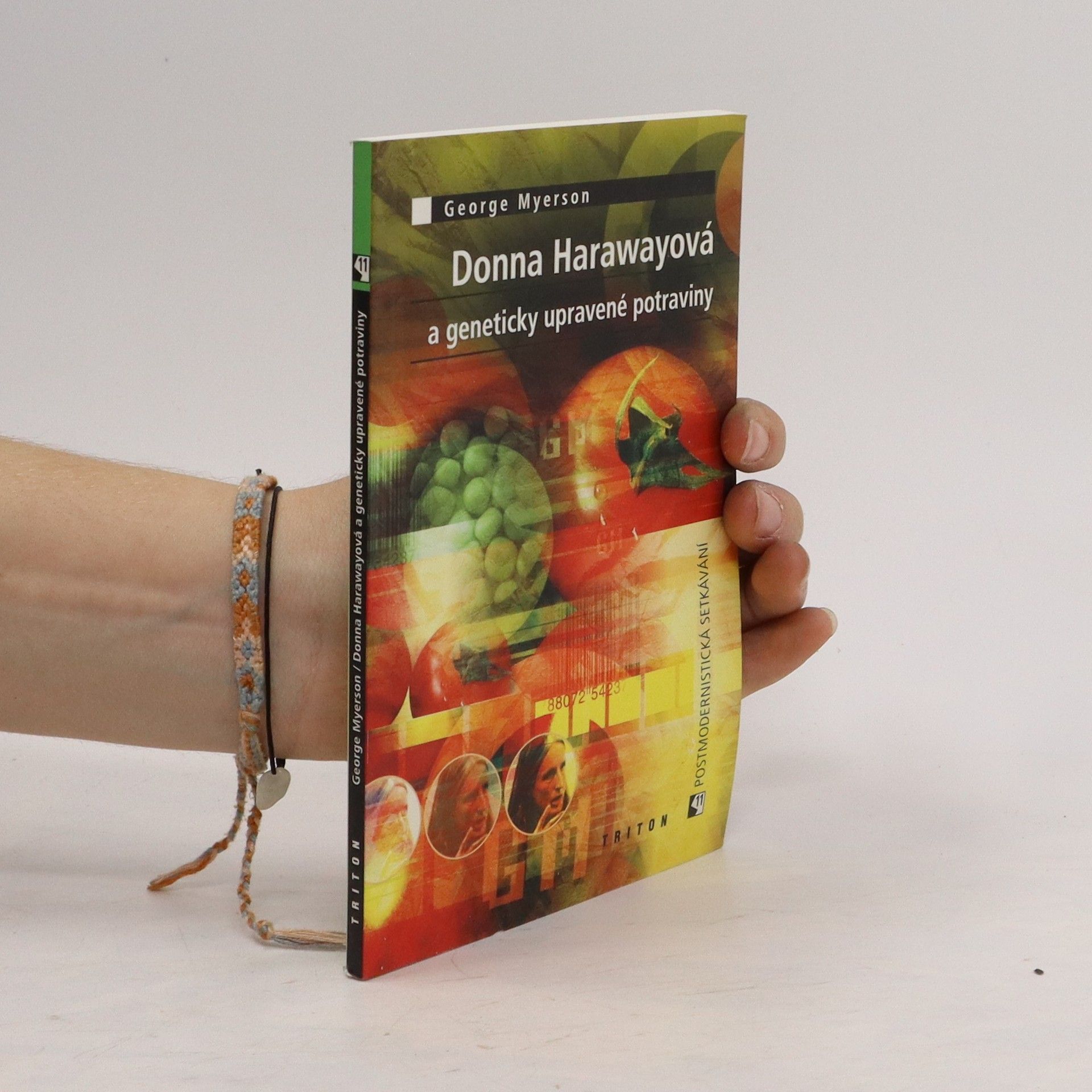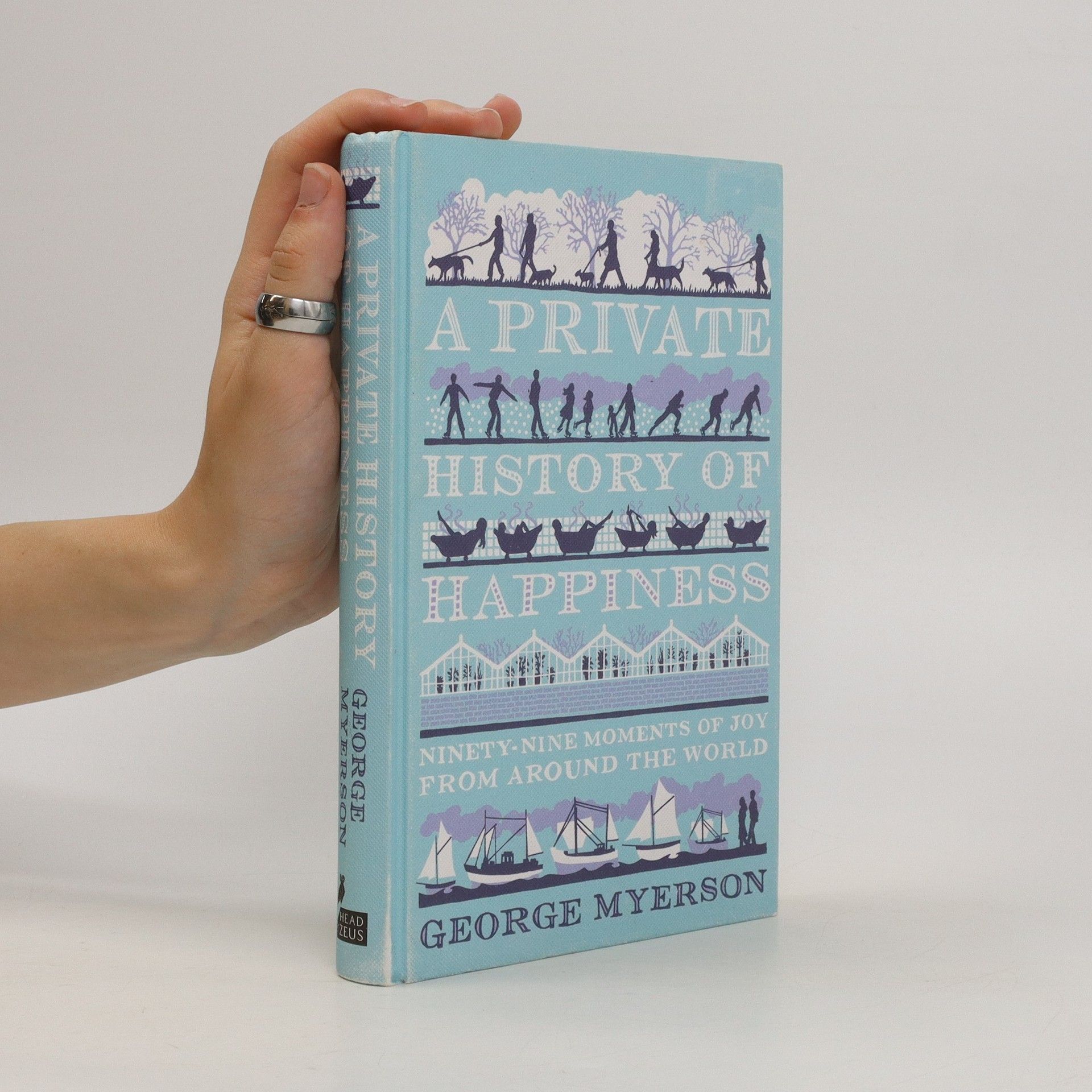George Myerson Book order (chronological)




A Private History Of Happiness
- 256 pages
- 9 hours of reading
From the bliss of lingering in a warm bed on a winter morning, to a bracing springtime walk by the seaside, A PRIVATE HISTORY OF HAPPINESS offers the reader a wealth of delightfully fresh perceptions of where and how happiness may be found. These 99 moments of happiness are arranged by theme – Morning, Friendship, Garden, Family, Leisure, Nature, Food and Drink, Well-being, Creativity, Love and Evening – and each is followed by a brief description and commentary that sets the extract in context and encourages further reflection. Drawing on a wide and international range of literary sources – from Ptolemy to Tolstoy – George Myerson reveals that small, unpretentious joys have been shared by human beings across cultures and over thousands of years. He invites us to discover the happiness in our own lives that can be found here and now.
Donna Harawayová a geneticky upravené potraviny
- 69 pages
- 3 hours of reading
Zamyšlení nad geneticky modifikovanými potravinami a dalšími moderními technologiemi ve vztahu k budoucnosti lidstva. Autorka (americká feministka - tento trend je v knize dobře patrný) přináší velmi svérázný a nezaujatý pohled na moderní genetické výzkumy, molekulární genetiku, transgenní přenosy a další biotechnologie, ale i na inernet, monopoly a další objevy globalizace. Zabývá se problémem, jak by v řešení těchto otázek mohl pomoci feminismus a radikální aktivisté. Zároveň ale neskrývá, že je fascinována některými objevy moderních technologií a možnostmi geneticky upravených potravin.
Heidegger, Habermas and the mobile phone
- 80 pages
- 3 hours of reading
Move over e-commerce, mantra of the late 20th century... welcome in-commerce, catchword of the new millennium! Everyone remembers 'It's good to talk, the cosy slogan of the telephone at the end of the last century. But now we are witnessing a global campaign to promote the mobile: as credit card, Internet link, e-mail port, and, if you still have time, voice-mail junction. By 2003, we are told, there will be 900 million Internet-connected mobiles. This Postmodern Encounter gives the gist of the massive campaign to mobilise the globe, and asks the urgent question: what is happening to the idea of communication? Key thinkers of the 20th century offer an essential alternative to these new doctrines of m-communication: Martin Heidegger, who saw humanity as "the entity which talks", and Jurgen Habermas, current-day advocates of authentic communication. This is a close encounter between alien visions of communication - between the conflicting utopianisms of 20th-century philosophers and 21st-century "mobilised communication."